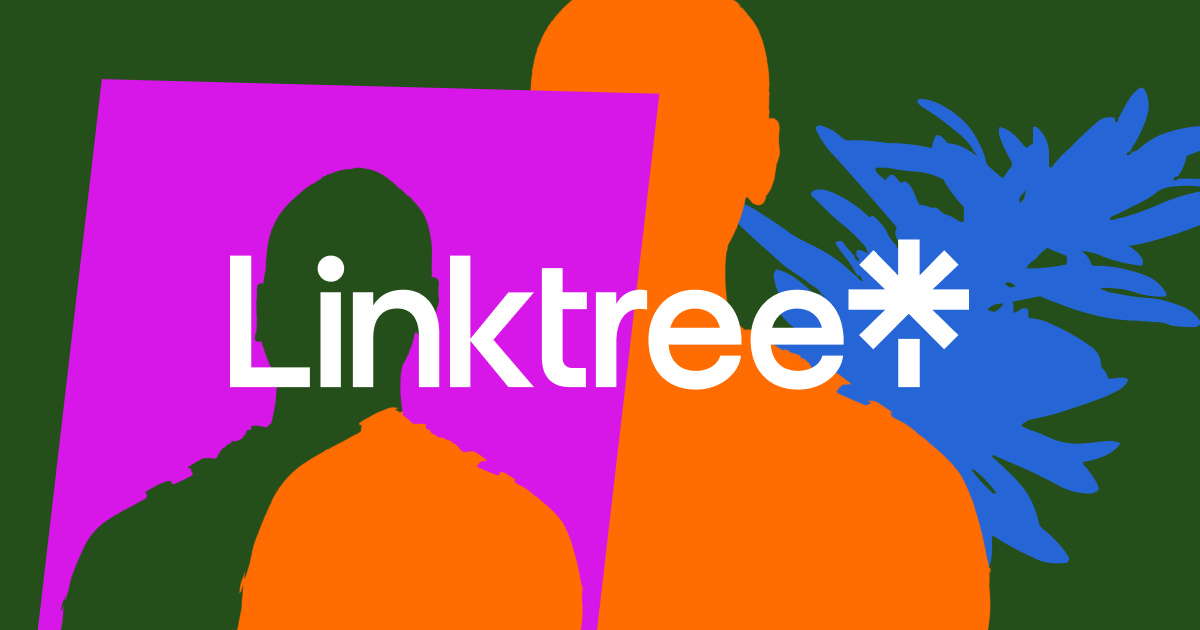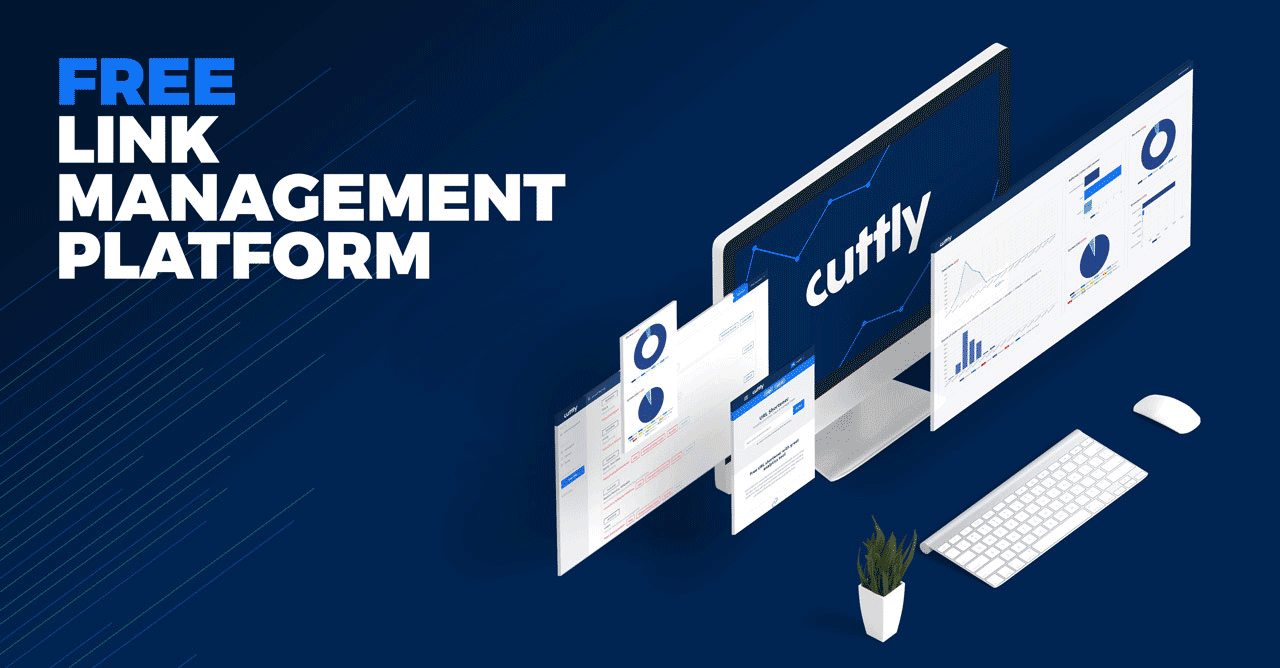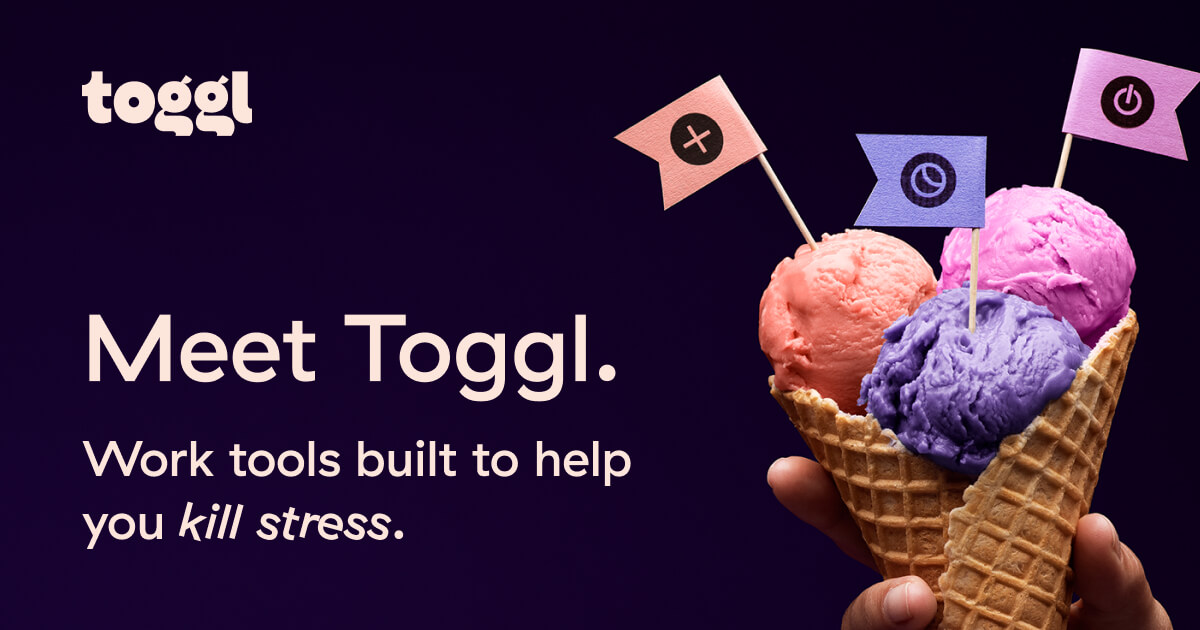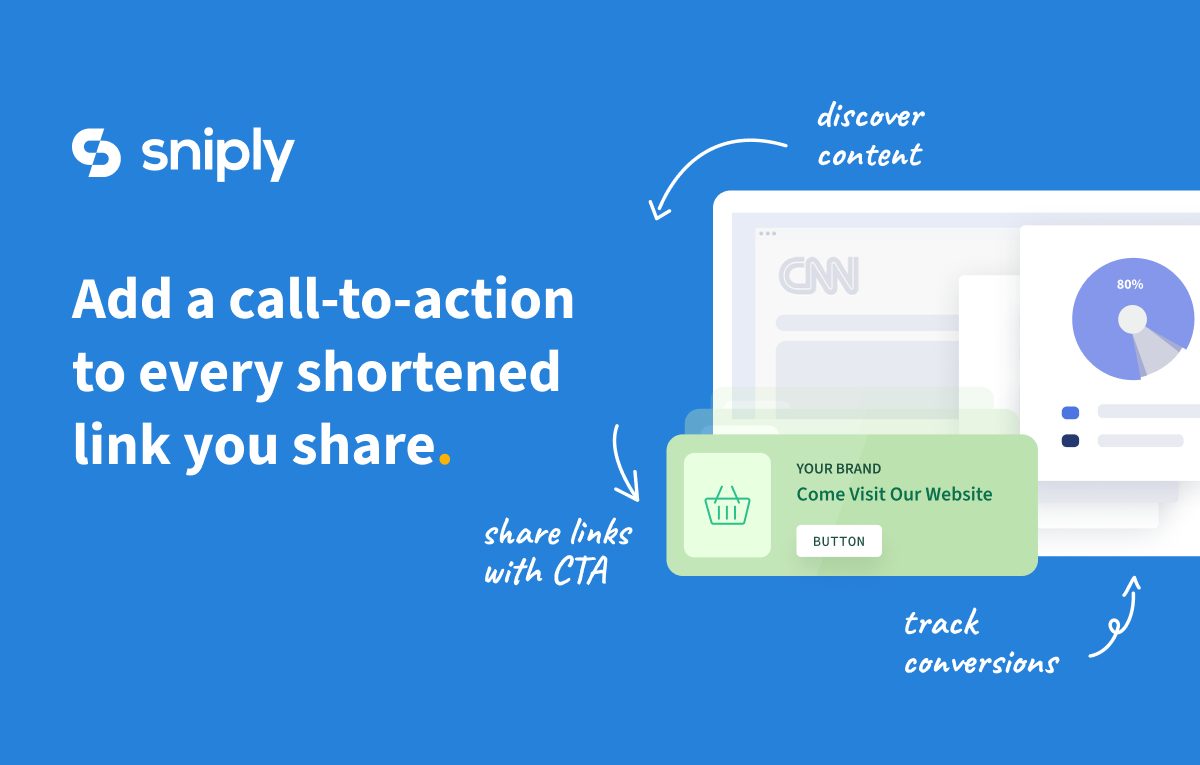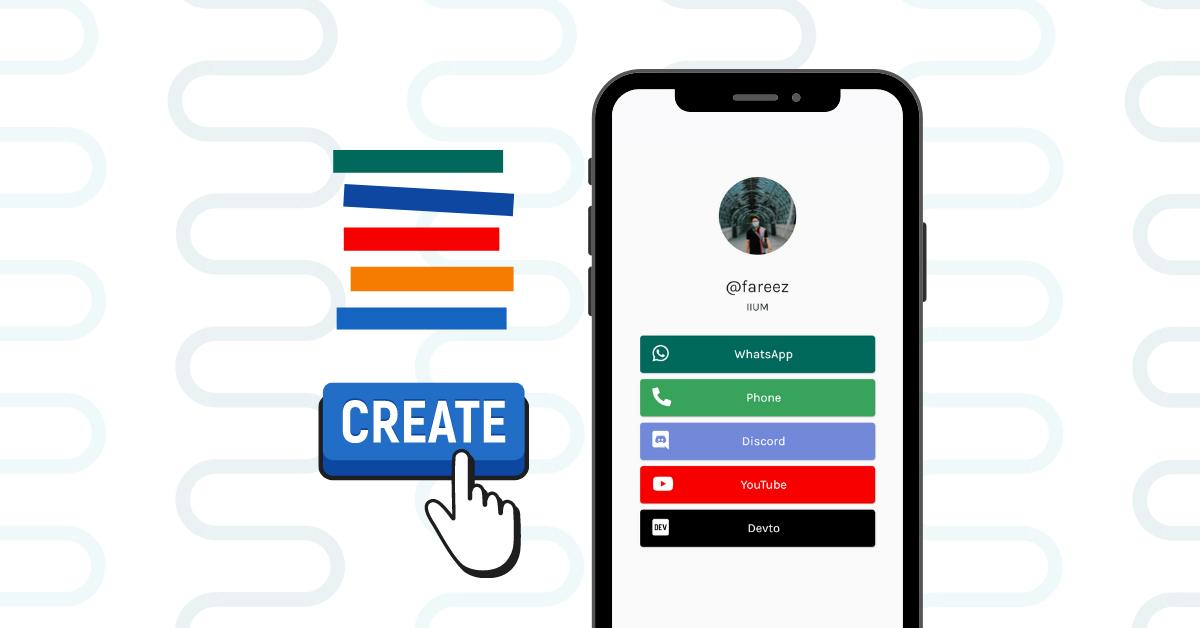Introduction
URL shorteners have become an indispensable tool for marketers and content creators to drive more traffic and maximize conversions. By shortening long, messy links into something cleaner and easier to remember, you can increase click-through rates and make your content more shareable. In this post, we evaluate and rank the 12 most feature-rich URL shorteners based on various factors to help you pick the right one for your needs.
Methods of Evaluation
We evaluated each URL shortener tool based on the following conventional factors: ease of use, analytics capabilities, link customization options, branding tools, and pricing. Additionally, we also factored in the number of backlinks, organic traffic and keyword search trends they recieve as an indicator of real-world usage and impact. This gives a more comprehensive view of which shorteners are truly driving the most results for marketers.
1. Linktr.ee
Linktr.ee is a free url shortener and link management platform that allows users to link to multiple pages from a single link. This ‘link in bio’ tool helps creators, brands and businesses centralize all of their online content in one place. With Linktr.ee, users can create customizable personal profiles and landing pages to link to all of their websites, social profiles, blog posts, merch stores and more.
Pros: Some key advantages of using Linktr.ee include:
– Profile and bio linking makes it easy for creators to direct followers to all of their content from a single link
– The sharing interface is optimized for social platforms like linking individual items on Instagram profiles
– Link protection ensures links don’t get shortened or altered when shared
– Advanced analytics provide insights on link clicks and traffic sources
Cons: One potential disadvantage is that the free plan only allows for 10 links which may not be sufficient for creators with a large volume of content across different platforms and sites.
Pricing: Linktr.ee offers both free and paid plans. The free plan allows up to 10 links. Paid ‘Pro’ plans start at $5/month and remove link limits as well as providing additional features like custom domains, extra analytics etc.
Some key stats about Linktr.ee include:
– Over 25 million users worldwide
– Integrations with all major social platforms like Instagram, Twitter, Facebook, TikTok etc.
– Advanced tracking of link clicks and engagement
– Personalized URLs and vanity domains available
2. Cutt.ly
Cutt.ly is a free URL shortener and link management platform. Founded in 2012, Cutt.ly helps users and businesses shorten, track, and manage website links. Some key features include easy shortening of URLs without signups, custom branded links, basic analytics, and more.
Pros: Some key advantages of using Cutt.ly include:
– Simple and fast shortening of links without needing to create an account
– Ability to create custom branded short links
– Basic analytics on clicks and referrers for shortened links
– Integrations with social platforms like Instagram and Twitter
Cons: One potential disadvantage is that analytics and features are limited without signing up for a paid plan. The free plan only provides basic click counts.
Pricing: Cutt.ly offers both free and paid plans. The free plan allows unlimited shortening but with limited analytics. Paid ‘Pro’ plans start at $9/month and unlock more advanced analytics, custom domains, sub-accounts, and other features.
Some key stats about Cutt.ly include:
– Over 5 billion links shortened since 2012
– Available in over 40 languages
– Used by individuals, small businesses, and enterprises alike
3. Hootsuite URL Shortener
Hootsuite URL Shortener is a URL shortening tool that is integrated within the popular Hootsuite social media management dashboard. Hootsuite is a leader in social media management, with over 18 million users. The Hootsuite URL Shortener allows users to shorten links directly within the Hootsuite interface to track clicks and share on social media from one centralized location.
Pros: Some key advantages of using the Hootsuite URL Shortener include:
– It seamlessly integrates with the Hootsuite platform, allowing links to be shortened within the existing interface.
– Link analytics and reporting are centralized within Hootsuite’s powerful analytics dashboard.
– Useful for businesses already using Hootsuite’s social media scheduler and other tools to keep all link activity tracked in one place.
Cons: A potential disadvantage is that the Hootsuite URL Shortener requires a Hootsuite account to use. So it only provides value for those already using or wanting to use Hootsuite’s other social media management tools.
Pricing: Hootsuite has several paid pricing tiers for its social media management platform that also include use of the integrated URL shortener. Pricing starts at $19 per month for individual plans up to $149 per month for larger teams and businesses.
Some key stats about the Hootsuite URL Shortener include:
– Over 18 million users globally use Hootsuite’s various social media management tools.
– Links can be tracked to see click-throughs and referrals within the Hootsuite analytics dashboard.
– Shortened links expire after 30 days if not renewed.
4. Ow.ly
Ow.ly is a free URL shortening service that allows you to shorten urls, share files and track visits. Ow.ly was launched in 2005 and has since helped millions of users shorten and share URLs. Some key facts about Ow.ly include that it offers both a free and premium paid plan and that it can generate thousands of unique shortlinks per month.
Pros: Some key advantages of using Ow.ly include:
– Easy to type short URLs that are simple to remember and share
– Built-in social sharing features that allow embedding links directly into popular social networks
– Basic analytics for tracking how many times a URL is clicked and shared
Cons: A potential disadvantage is that the free plan only allows generating a limited number of unique shortlinks each month. For higher volumes, a paid premium plan is required.
Pricing: Ow.ly offers both free and premium paid plans. The free plan allows generating 3,000 unique shortlinks per month. Premium plans start at $7.50/month for 10,000 shortlinks and go up to $49/month for unlimited shortened links.
Some key stats about Ow.ly include:
– Over 500 million URLs shortened to date
– Processed over 5 billion clicks on shortened links
– Available in over 15 languages
5. Toggl URL Shortener
Toggl URL Shortener is a link shortening tool integrated within the popular time tracking software Toggl. Toggl provides a simple yet powerful way to shorten URLs without any signups required for basic usage.
Pros: Some key advantages of Toggl URL Shortener include:
– Part of popular time tracking tool Toggl
– Simple yet powerful stats on clicks
– No sign-up required for basic usage
Cons: The main disadvantage is that the URL shortener is only available as part of a paid Toggl subscription. There is no standalone free version of the URL shortener.
Pricing: Toggl URL Shortener is only available as part of paid Toggl subscription plans starting at $9 per month for the Standard plan.
Some key stats and features of Toggl URL Shortener include:
– Over 10 million uses globally across software and URL shortener
– Integrates seamlessly with Toggl time tracking
– Provides stats on number of clicks for each shortened link
6. Snip.ly
Snip.ly is a leading URL shortening service that helps marketers and businesses improve link clicks and track conversion metrics. Founded in 2011, Snip.ly has grown to serve over a billion click events per month for hundreds of thousands of customers globally. They offer a full suite of link management tools to boost conversions and measure campaign performance.
Pros: Some key advantages of using Snip.ly include:
– Social media sharing capabilities that allow overlaying messages and calls-to-action
– Real-time stats and click-through heat maps for optimizing link performance
– Ability to create customizable short URLs and use custom domains
Cons: One potential disadvantage is that the free plan only allows 500 clicks/month which may not meet the needs of high-traffic campaigns.
Pricing: Snip.ly offers three pricing tiers:
– Basic Plan: Free, allows 500 clicks/month
– Professional Plan: $9/month, removes click limits
– Business Plan: $29/month, adds advanced analytics and custom branding
Some key stats about Snip.ly include:
– More than 200,000 customers worldwide
– Handles over 1 billion click events per month
– Supports over 40 link domains and custom short link formats
– Provides detailed analytics on click-through rates and user paths
7. Rebrandly
Rebrandly is a free URL shortening service that allows users to create branded and tracked short links. Founded in 2012 and based in Vancouver, Canada, Rebrandly positions itself as more than just a simple link shortener by providing powerful branding and marketing tools.
Pros: Some key advantages of using Rebrandly include:
– Ability to create fully customisable short domain names and paths
– Detailed analytics on link clicks and performance
– Powerful campaign and link management tools
– Support for link branding and custom tracking codes
Cons: One potential disadvantage is that the free plan only allows for basic analytics and tracking. For more advanced features, an paid upgrade is required.
Pricing: Rebrandly offers both free and paid plans. The free plan allows unlimited shortened links but has basic analytics. Paid ‘Pro’ plans starting at $9/month provide more advanced analytics, custom domains, and other premium features.
Some key stats about Rebrandly include:
– Over 10 billion links shortened to date
– Available in 200+ countries
– Integrations with Google Analytics, Mailchimp and more
8. Raptr
Raptr is a free URL shortener and link tracking service that helps businesses gain insights from their marketing campaigns. With Raptr, users can create brief, branded links and track key metrics like clicks, redirects and geographic data.
Pros: Some key advantages of Raptr include:
– Powerful URL tracking and campaign tools
– Custom short domains and vanity URLs
– Lifetime usage included in paid plans
Cons: One potential disadvantage is that the free plan only allows for a limited number of monthly clicks before upgrading to a paid plan is required for higher volume linking needs.
Pricing: Raptr offers both free and paid plans. The free plan includes basic linking and tracking. Paid ‘Pro’ plans start at $9/month and remove monthly limits while also providing additional features like advanced link analytics and custom reporting.
Some key stats about Raptr include:
– Over 5 billion links shortened since inception
– Users can create both standard short links as well as custom branded links with vanity domains
– Lifetime subscription plans are available for businesses and teams
9. Kutt
Kutt is an open source URL shortener that allows you to self-host the platform. Launched in 2018, Kutt aims to be easy and fast while giving owners control over their data through self-hosting.
Pros: Some key advantages of Kutt include:
– Open source and self-hostable – You aren’t reliant on a third party service.
– Lightning fast performance – Kutt can handle a high volume of links and traffic.
– Basic analytics included – Kutt provides simple usage statistics for each link.
– Custom domains supported – You can use your own domain with Kutt links.
Cons: The main disadvantage of Kutt is that its free plan only provides basic statistics. For more advanced analytics, you would need to upgrade to a paid plan or self-host your own Kutt instance.
Pricing: Kutt has a freemium pricing model. The free tier allows basic usage including link creation, custom domains, and minimal usage stats. For advanced analytics and additional features, paid plans start at $9/month.
Some key stats about Kutt include:
– Over 300k monthly active users
– Processes over 5 million API requests daily
– Open source project hosted on GitHub with over 10k stars
KuttKutt is a free and open source URL shortener with custom domains and stats.kutt.it
10. Shorte.st
Shorte.st is a free URL shortening service that allows users to shorten URLs and track link analytics. Founded in 2011, Shorte.st aims to be more than just a link shortener by offering monetization opportunities for content creators and developers.
Pros: Some key advantages of Shorte.st include:
– Modern looking interface that is intuitive to use
– Open source API that allows developers to build on top of the platform
– Ability to customize short URLs and use custom domains
– Detailed analytics on link and domain performance
Cons: One potential disadvantage is that Shorte.st is not as well known as larger competitors like Bitly or Google URL Shortener which may impact overall traffic and monetization potential for users.
Pricing: Shorte.st has a freemium pricing model. Basic use of the service for shortening links and basic analytics is free. To take advantage of advanced features and monetization, users can opt-in to a revenue sharing program where Shorte.st pays them for each click on their shortened links.
Some key stats about Shorte.st include:
– Over 500 million links shortened to date
– Available in over 50 languages
– Pay-per-click revenue sharing model
– Open API for integration into other apps and services
11. Linkbee.to
Linkbee.to is a url shortening and link management platform. They allow you to create custom vanity links and manage all of your social profiles and links in one place.
Pros: Some key advantages of Linkbee.to include: easy tracking and analytics of link clicks and referrers, multi-lingual support so links can be customized for different audiences, and a free basic plan that gives you all core link shortening and management features.
Cons: One potential disadvantage is that the free basic plan does have some limitations on analytics features compared to paid plans.
Pricing: Linkbee.to offers a free basic plan for unlimited links as well as paid Pro ($9/month) and Business ($19/month) plans that unlock more advanced analytics and customization options.
Some key stats about Linkbee.to include: they have shortened over 50 million links, support over 40 languages, and have a free basic plan for unlimited links.
12. Slink.com
Slink.com is a free URL shortening service that simplifies sharing and tracking links across the web. With Slink, you can shorten long URLs into simple, sharable links to share on social media, in emails and chats. Slink was founded in 2020 with the goal of creating clean, simple tools for sharing and analytics.
Pros: Some key advantages of Slink include:
– Clean and simple UI for an easy sharing experience
– Integrated analytics to track link clicks and domain stats
– Ability to customize branding and vanity URLs for professional links
Cons: One potential disadvantage is that the free plan only allows for a limited number of links per month. For high volume link sharing, an upgraded paid plan may be needed.
Pricing: Slink offers a free plan that allows up to 500 links per month. Paid plans start at $7 per month for 5,000 links and include additional features like custom domains and sub-accounts.
Some key stats about Slink include:
– Over 10 million links shortened since launch
– Available on web and mobile apps for iOS and Android
– Integrates with many popular tools like Slack, Twitter and more
Conclusion
With the right URL shortener, you can take your content, links, and marketing to the next level. Be sure to test out a few platforms to see which one fits your specific needs and use case the best. Proper tool selection and effective implementation of URL shortening can be a powerful way to grow your traffic, leads and conversions in 2023 and beyond.




